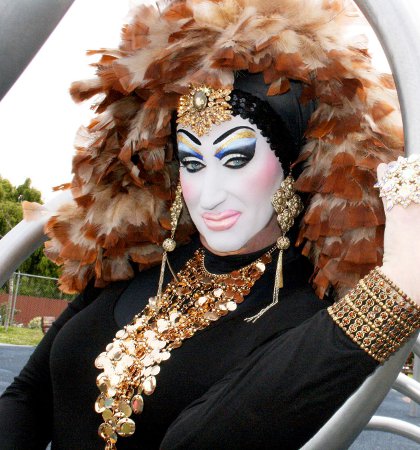A GROUP of determined Irish activists have taken on one of the biggest websites in the world and won.
Social media giant Facebook has bowed to pressure from Irish language rights group Misneach whose members were furious to learn that they would not be allowed to display their names as Gaeilge on the site.
The group had planned to stage a large protest outside Facebook's European headquarters in Dublin yesterday, but plans were called to a halt when Facebook bosses caved.
Misneach has now been assured that Irish language names will be given the green light and that users will not be automatically logged out of Facebook for having Irish names, as had been the case before.
“Two months ago it became apparent that Facebook had been deleting the accounts of users who had their names in the Irish language and requesting that they show proof of identity to confirm their real name,” a Misneach spokesperson said.
“That is, their name which they use in the real world and could provide documentation for.”
Facebook claimed that its users must use a real name – as the number of false profiles on the website was on the rise.
Users would be required to provide a form of government identification – such as a passport or birth certificate – to prove that the name they use on Facebook is their given name.
But this angered Gaeilgóirs across Ireland who, though christened with English names, were almost exclusively known by their Irish moniker.
Facebook representatives has meet with members of Misneach and Conradh na Gaeilge – a group that promotes the daily use of the Irish language.
The result was to allow Irish names to be used if people so choose.
“Facebook have now given guarantees to Misneach that the discrimination against users with Irish names will cease,” said Misneach's Kerron Ó Luain.
The victory, the Irish language rights group believe, extends the same privileges Facebook previously handed out in the US after a similar situation led to backlash from the LGBT community.
Drag performer Sister Roma took on Facebook after being forcefully logged out of his alter ego’s account for using a false name.
He argued that in some countries where homosexuality was still prosecuted, it put the LGBT community in jeopardy if they were to use their real name on social media.
Facebook later granted similar status as they have promised for the Irish language users to the LGBT community.
“The victory demonstrates the power which lies within communities who protest,” Ó Luain added.
“Imagine the status and position of Irish language rights if our community was more ready to mobilise to counter the many threats and attacks which are currently ranged against it.”


